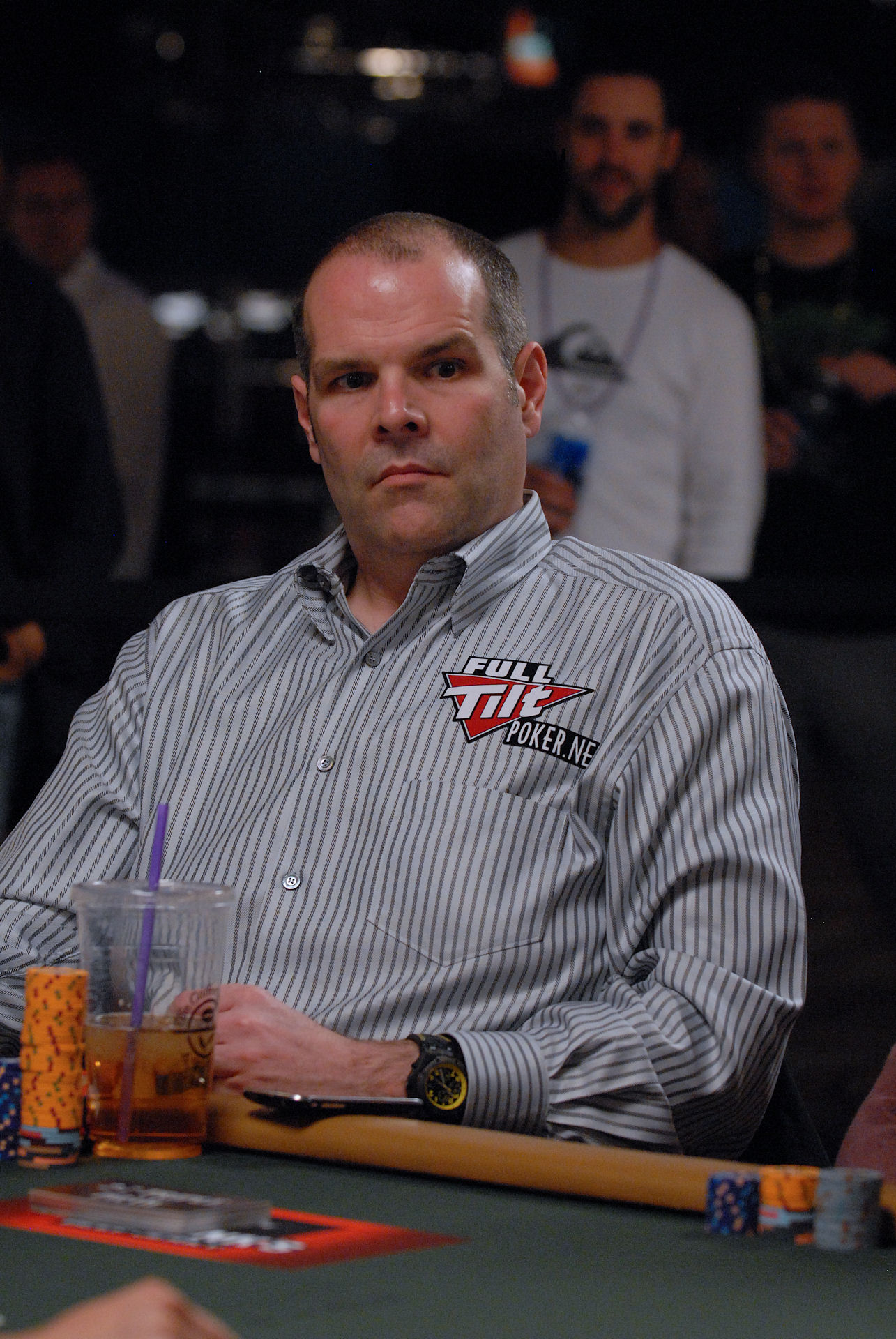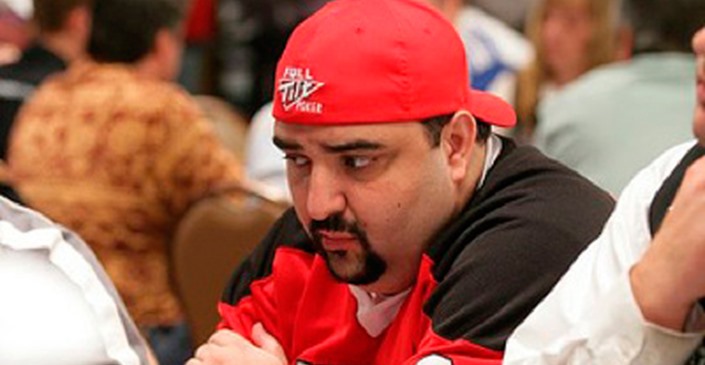Full Tilt Scandal
Lederer and Ferguson were part of a civil lawsuit filed by the U.S. Justice Department in September 2011 alleging Full Tilt Poker was a Ponzi scheme. Federal prosecutors claimed Lederer.
Jonathan Little, one of the most respected online and live poker professionals in the world today, has apparently been banned from playing on the popular online poker site America’s Cardroom. Depending on who you believe, the ban is either because Little exercised his “freedom of speech” rights to discuss playing on America’s Cardroom or, if you believe America’s Cardroom and the Chief Executive Officer of the network that operates them, they are exercising their right to refuse customers service. Either way, it is an ugly look for the poker community.
- The real beautiful game. It’s even more beautiful when you play it with Full Tilt. Sit down in the presence of the greats, like Texas Hold’em and Omaha.Play at lightning speed with Zoom, the fastest poker game in the world, or mix it up with one of our many other poker variants.Whatever way you like to play, be like thousands of other poker players all over the world and play harder.
- Full Tilt Poker Scandal Unleashes as DoJ Shows Its Hand It was in 2011 that the Full Tilt Poker scandal broke out in full force. On April 15, 2011, one of the worst days in the history of poker that came to be known as “Black Friday,” the US Department of Justice went after three largest poker rooms operating in the States: PokerStars, Absolute Poker, and Full Tilt Poker.
- Welcome to PokerNews, the World's No.1 Poker information source. Live reporting, online poker room reviews, strategy tutorials, freerolls and bonuses.
It All Began with a Tweet…

In a series of Tweets on Wednesday night, Little went into a bit of depth as to why he had suddenly been kicked off the popular online poker site. “I got banned from ACR for making my students aware of the potential risks of playing on an unlicensed/unregulated site,” the popular poker pro, coach and author stated to his followers. He would go on to say that his job as a coach is to help his students to make money and to “not get scammed out of their money from poker and I will continue doing my best to help my students.”

This didn’t sit well with the Chief Executive Officer of the Winning Poker Network and the host for America’s Cardroom, Phillip Nagy. He fired his own missives off from his Twitter account, writing “It’s one thing if you’re going to treat WPN like some side chick. But I’ll be damned if I’m going to give you the privilege of getting to f**k me on the daily if you’re going to punch me in the head while doing it.” Apparently, this was the point where Little was banned from America’s Cardroom.
The staff at America’s Cardroom was a bit more diplomatic than Nagy had been. “While we wouldn’t have put it in those words, given (Little’s) repeated statements about us as a business, we’re sure we’ll both be happier in the long run to part ways,” their Twitter team wrote. “We reserve the right in our T’s and C’s to refuse business at our discretion.” Nagy put one more log on the fire, stating it was a pure business move and nothing personal.

An Argument with a Gray Area
The major point of this argument – the legitimacy of unregulated online poker sites – is a legitimate argument. And the two sides in this fight have strong evidence that they are correct.
On Little’s side is the wealth of evidence by what previous online poker companies have done. The online poker industry is not that far removed from 2011, when “Black Friday” stunned the community. On that fateful April 15 less than ten years ago, the three major online poker sites in the U. S., PokerStars, Full Tilt Poker and the networked combo of Absolute Poker and UB.com (operating as the CEREUS Network), were shut down by the U. S. Department of Justice on a variety of fraud charges. Full Tilt Poker, Absolute and UB.com all shut down as a result of the closure, with Full Tilt customers only getting paid back once PokerStars bought the company and Absolute and UB customers never seeing a dime of their money.
This has carried on with other non-regulated sites in the online poker world. Of particular note was Lock Poker’s shutdown in 2015, attributed to overspending by the management. In that situation, it is estimated that upwards of $10-$15 million was lost by players who had a bankroll on the site.
Nagy/WPN and America’s Cardroom do have their argument too. There is absolutely nothing that has ever said that offering online poker is against the law in the U. S., despite the protestations of some. However, the companies that offer such services aren’t beholden to offer their product to everyone. It is essentially the “We have the right to refuse service to anyone” sign that you see in many “brick and mortar” businesses. There’s also the fact that, since its inception, WPN and America’s Cardroom have been solid actors in the online world.
Full Tilt Poker Scandal

Full Tilt Poker Scandal Update
The one thing that is known is that spats like this don’t do anything to help the online gaming industry or the poker world in general. With hope, the two sides can “agree to disagree” on the situation or, at the minimum, take the vitriol out of the public arena.